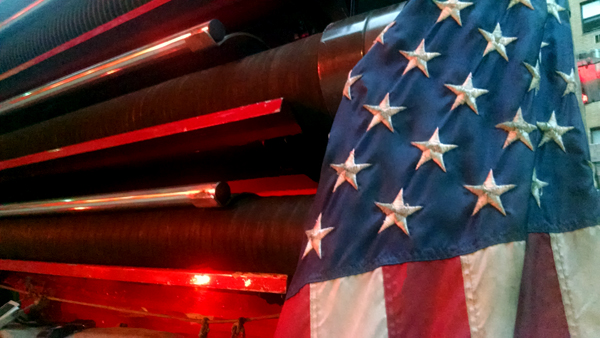By Caitlin Kelly

“Loneliness creates sadness, but solitude is quite lovely because you really start to think of — and take care of — yourself.” — artist Marina Abramovic, quoted in How To Spend It magazine in the FT
If there’s one thing the pandemic has imposed on us, it’s either way too much solitude — those living alone, isolated, shut-in, vulnerable to the virus — or far too little, for people living with lots of children and/or parents or in-laws.
I really value solitude.
If I go too long without it, I feel ill and angry and resentful of having to constantly be social. I find it tiring.
So my recent four days away, even in a place I didn’t love — small-town Pennsylvania — reminded me how much I need it.

The very best moments were an hour or so at a nature sanctuary, filled with old, very tall pine trees and total silence. No one else around.
It is so rare now, anywhere, to just be totally free of people and their noises!
I lay down on my back and stared up into the trees, their glossy green branches glistening in the sun, waving in the breeze.

I watched a Daddy-Long-Legs amble past.
I got pine sap on my arms and sneakers.
Then, to my surprise, I started to cry, hard.
Months of anxiety and grief and frustration had piled up, unacknowledged and unprocessed.
My mother died February 15 — on my best friend’s birthday — and even though she and I were estranged for a decade, I grieve all the losses we sustained because of that.
I grieve the deaths of 200,000 Americans from COVID.
I grieve the loss of the hopes so many of us had for 2020, let alone 2021 and beyond.
It felt good to let it all out, alone and in private, surrounded by beauty.
Even driving the two hours home again, alone, singing along to my favorite music, was replenishing.
I really enjoy others’ company and my 20 years, so far, with Jose, my husband.
But time alone is as necessary to my happiness as time with others.
Women, especially, often have to fight hard for time alone, tending only to their own needs. We’re expected to keep everyone else happy, and it’s depleting when you have no equal time to just be quiet and by ourselves.
And there’s a big difference between precious privacy — which usually implies others, and their noises and their needs, nearby — and solitude.
Do you need and value solitude?

















